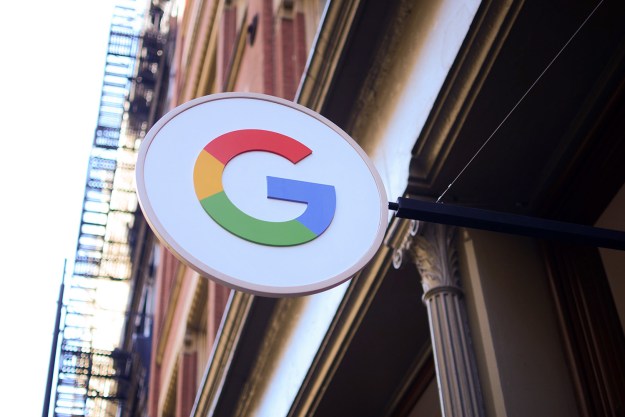It’s Pi Day, and what better way to celebrate everyone’s favorite mathematical constant than with a timely reminder of how Google’s top employees are much smarter than the rest of us?
The employee in question is Google Cloud developer Emma Haruka Iwao, who has just broken the world record by calculating pi to 31.4 trillion digits. The work was carried out over a four-month period in Google’s Osaka, Japan, office.
Iwao, who has been interested in the pi problem for years, received help from a few sources. They include a program called “y-cruncher” developed by Alexander Yee, advice from her former professor (and former pi world record holder) Daisuke Takahashi, and 25 Google Cloud virtual machines. This is the first pi world record that has been calculated with the aid of cloud computing. The record was certified by Guinness World Records today, and beats the previous record of 22.4 trillion digits set three years ago by Peter Trueb.
“It was my childhood dream, a longtime dream, to break the world record for pi,” Iwao told CNN Business. She also told the news outlet that she had been working toward the problem since the age of 12, after downloading software for calculating pi on her home computer.
The total pf 31,415,926,535,897 digits that set the record are available for download by anyone who wants to scrutinize the data. This will make the record-shattering achievement publicly available in a way that it never has been before.
While pi has a wide variety of uses in the real world (for example, Nasa uses it in its calculations for firing rockets into space), the number of digits calculated by Iwao is more for show than anything immediately practical. However, it’s a timely reminder of just how powerful cloud computation has become here in 2019.
Fortunately for those wishing to claim their own pi world records, today’s achievement doesn’t mark the end of the road. Pi is an irrational number, meaning that there are an infinite number of digits to be calculated. At some point, it is therefore inevitable that her record will be beaten. We’d advise that you start now if you’ve got an eye on announcing your achievement in time for next year’s Pi Day, though!
Editors' Recommendations
- Google turns to AI as it lays off 12,000 employees
- Google Screencast rethinks screen recordings on Chromebooks
- Google’s Digital Wellbeing widget hits Android devices soon
- Update Google Chrome now to patch this critical security flaw
- AMD Radeon RX 6900 XT sets new world record at 3.2GHz

